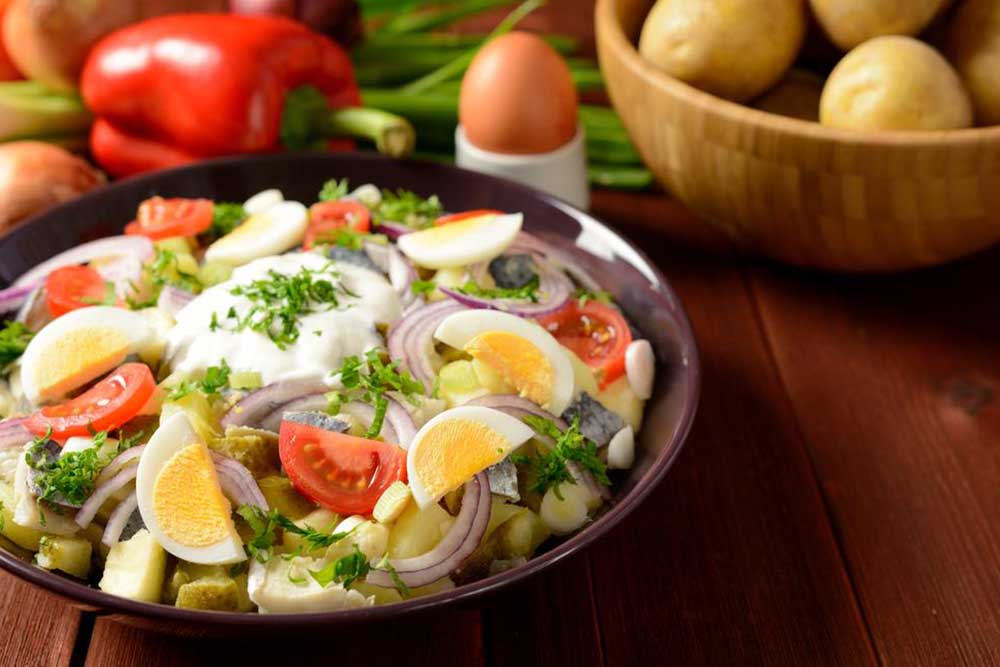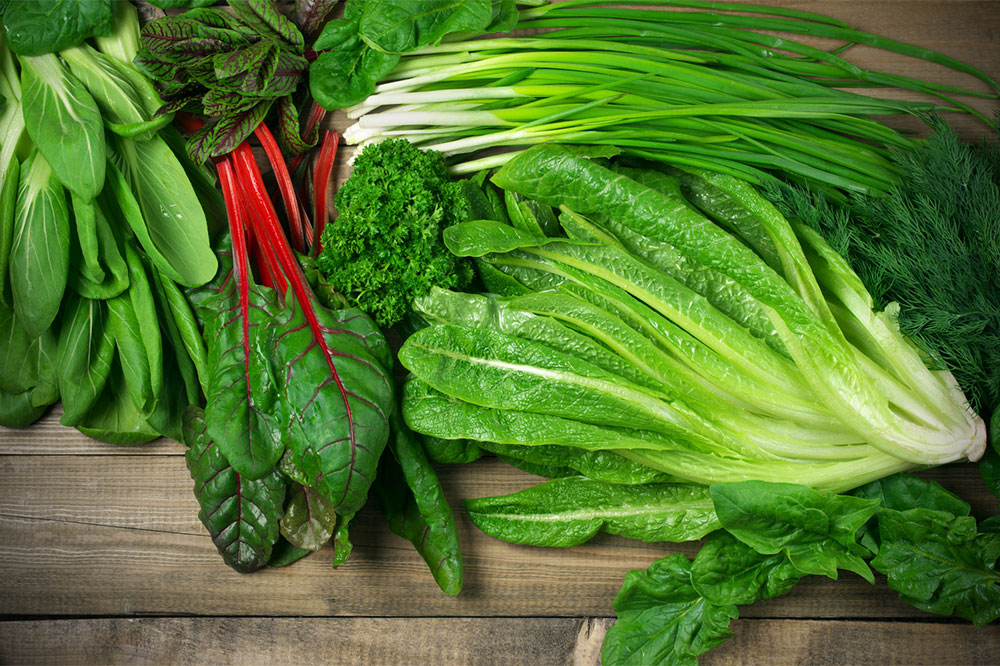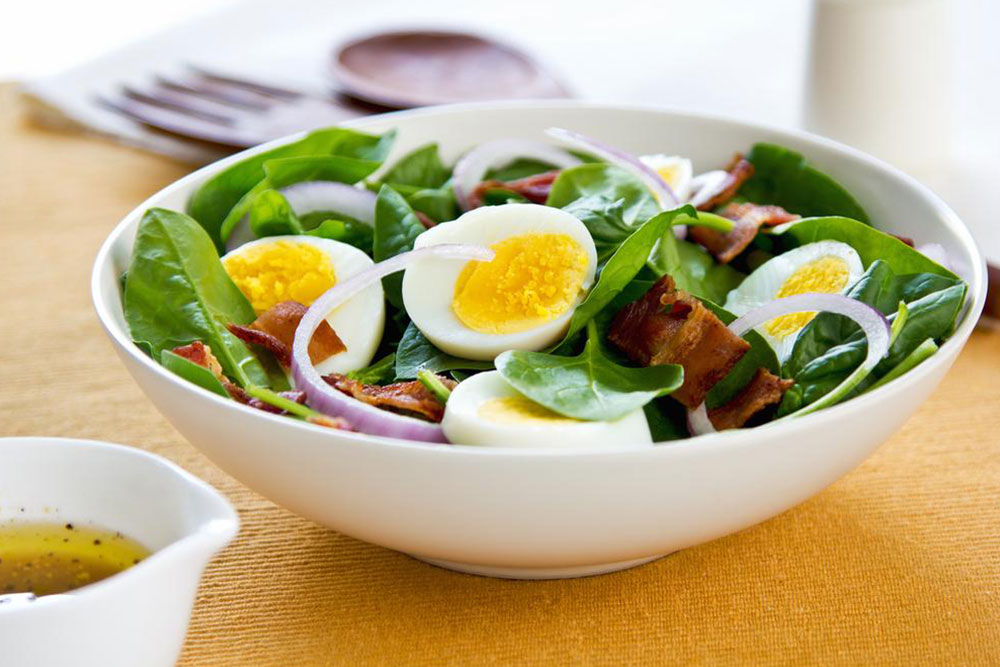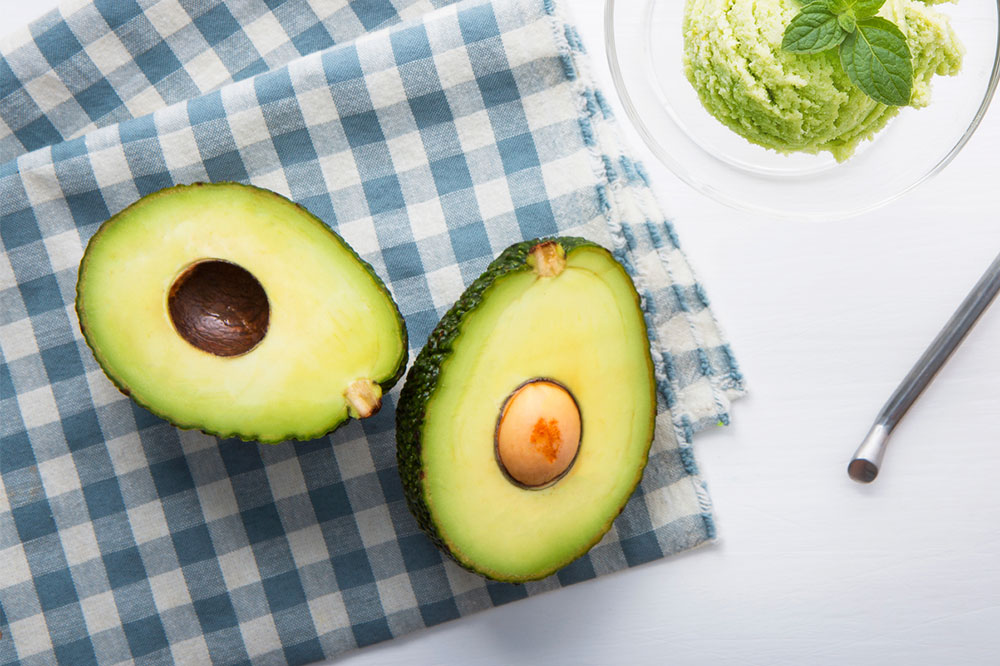Top Dietary Choices for Kidney Health Support
Discover essential foods to support kidney health with this comprehensive guide. From olive oil to blueberries, learn which nutrient-rich options can help maintain optimal kidney function and overall well-being. Incorporate these kidney-friendly foods into your diet safely and effectively for better health management.
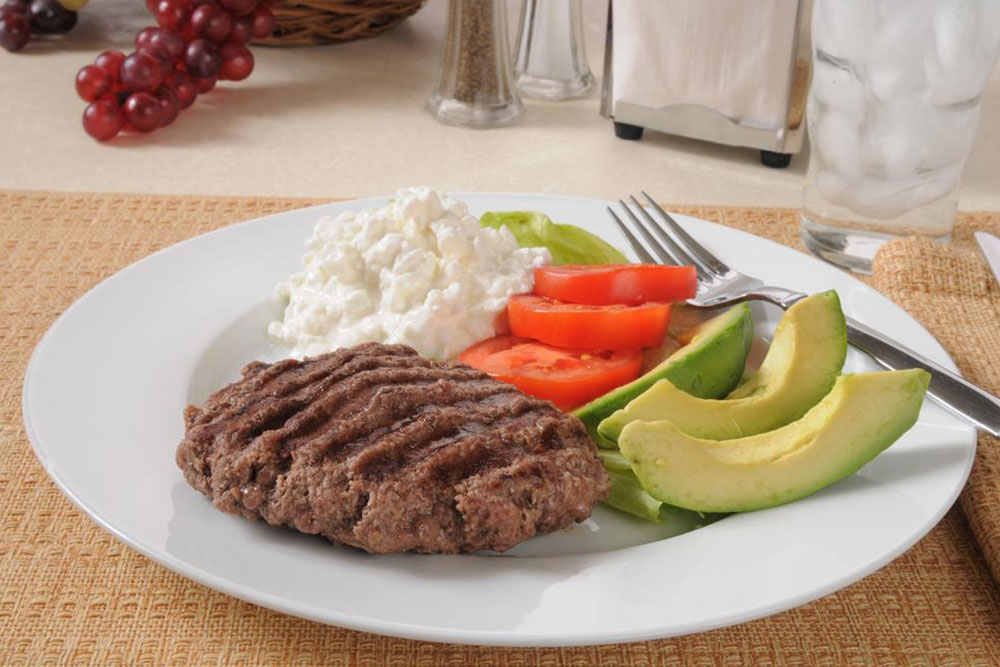
Best Nutritional Foods for Maintaining Kidney Function
In today’s fast-paced lifestyle, unhealthy habits have become common, leading to over 10% of the global population experiencing serious kidney issues. Protecting your kidneys requires mindful dietary choices. Certain foods can enhance kidney function and promote overall health. Let’s explore some key foods that should be part of a kidney-friendly diet plan.
Olive Oil
Olive oil is a healthy fat source, free from phosphorus, making it suitable for individuals with kidney concerns. It contains predominantly monounsaturated fats, which possess anti-inflammatory benefits. An ounce (28 grams) of olive oil provides minimal amounts of potassium (0.3 mg), sodium (0.6 mg), and no phosphorus, supporting kidney health.
Patients with kidney ailments often experience weight loss; therefore, including high-calorie, nutrient-dense foods helps maintain healthy weight. Olive oil’s predominantly healthy fats can reduce inflammation and aid in this.
Buckwheat
Many grains are rich in phosphorus, which may not be suitable for kidney health. Buckwheat stands out as a nutritious alternative, packed with iron, fiber, magnesium, and B vitamins, without gluten, making it ideal for celiac patients. One cup (84 grams) of buckwheat supplies low levels of potassium (74 mg), sodium (3.5 mg), and phosphorus (59 mg).
Garlic
For those on low-sodium diets, garlic is an excellent flavor enhancer and sodium substitute. It’s rich in vitamin C, manganese, vitamin B6, and sulfur compounds that have anti-inflammatory effects. Using three cloves (9 grams) adds flavor while providing: potassium (36 mg), sodium (1.5 mg), and phosphorus (14 mg).
Egg Whites
Egg whites are a high-quality protein source suitable for kidney diets, as they contain minimal phosphorus compared to yolks. Two large egg whites (66 grams) offer low levels of potassium (108 mg), sodium (110 mg), and phosphorus (10 mg), making them a safe protein option during dialysis or kidney health management.
Red Grapes
Juicy red grapes provide not only a tasty snack but also health benefits, including vitamin C and antioxidants like flavonoids and resveratrol. These compounds help reduce inflammation, support heart health, and may lower diabetes risk. A serving (75 grams) contains potassium (144 mg), sodium (1.5 mg), and phosphorus (15 mg).
Sea Bass
Sea bass is a high-quality source of protein and omega-3 fatty acids. Unlike many seafood varieties, it contains relatively low phosphorus levels, but portion control is essential. An 85-gram serving offers potassium (279 mg), sodium (74 mg), and phosphorus (211 mg), supporting kidney health without excess phosphorus intake.
Blueberries
Blueberries are rich in antioxidants, especially anthocyanins, which help prevent heart disease and certain cancers. These berries are low in sodium, potassium, and phosphorus, making them suitable for kidney-friendly diets. A cup (148 grams) provides potassium (114 mg), sodium (1.5 mg), and phosphorus (18 mg).
Cauliflower
A versatile, low-potassium vegetable, cauliflower is rich in vitamins A, C, K, and B folate. It contains anti-inflammatory compounds like indoles and fiber, making it a healthy side dish. 124 grams of cooked cauliflower delivers potassium (176 mg), sodium (19 mg), and phosphorus (40 mg).
Incorporating these foods into your diet in appropriate quantities can support kidney health and improve overall well-being. Always consult with healthcare professionals before making significant dietary changes.


